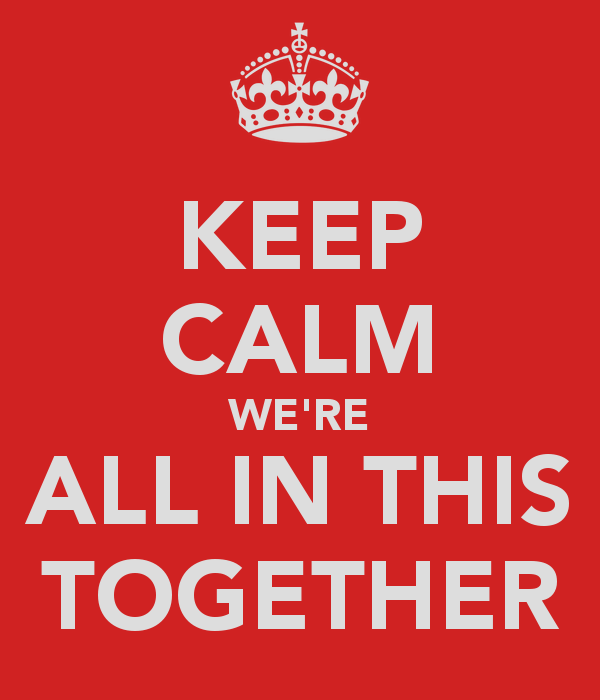Mark 9:30-37
Long Journey to Something New
James Sledge September
20, 2015
How
many of you remember having to write essays or papers in high school or college
of a certain word number? Some of you are no doubt enjoying this experience
right now, and some of our younger worshipers have this to look forward to as
you get a bit older. What word count would you expect for a modest, high school
essay? What about a term paper for a college class? How about a Ph.D.
dissertation? Anyone here who’s done one and can say? Forty or fifty thousand words
sound reasonable?
I
ask because I want us to think for a moment about what is required to cover a
major topic in a fair amount of detail and in a good deal of depth. For
example, if you were going to write something that thoroughly covered what
someone would need to know to live a life of deep Christian faith and
discipleship, how many words would suffice?
Of
course we do have a book that Presbyterians say is the unique and authoritative
witness to Jesus and for life and faith. But if anyone had ever submitted the Bible as a
dissertation or as any other sort of publication, surely some academic advisor
or editor would have quickly returned it saying, “Get back to me when you’ve
done some serious trimming and editing.”
The
Bible weighs in at somewhere near 800,000 words. By comparison, Tolstoy’s War and Peace is a bit over 500,000. If
you were God and wanted to explain this faith thing to folks, don’t you think
you could have come up with a nice pamphlet, or at least something you could
read in a few afternoons? Why on earth have something of this magnitude, a text
that gets squeezed into a single book only because of tiny print and
ridiculously thin sheets of paper?
The
Bible is an unbelievably complex mix of stories and myths and poems and songs
and rules and advice and letters and theology and teachings. Yet we Christians often
examine a few verses here or there and then attempt to distill great theological
truths or axioms from them. I engage is something of this sort most Sundays
when I deliver a sermon rooted in a tiny handful of the Bible’s 800,000 words, 175
words in the case of today’s gospel reading.
Without
some care and restraint, there is a danger of such efforts being akin to carefully
examining the earlobe of the Mona Lisa with a microscope and then proclaiming
to understand the significance of the entire painting.
When
you think about it, the Bible is a strange and wonderful way to make God known
to us, to draw us into relationship with this God. It isn’t a bit of empirical
information to be learned. Rather it is an amazing array of experiences and
stories that share how God has been encountered in a variety of contexts. It is
not unlike getting to know another person, and without understanding context
and circumstances, without knowing to whom certain words were spoken, it is
easy to misconstrue or misunderstand.

